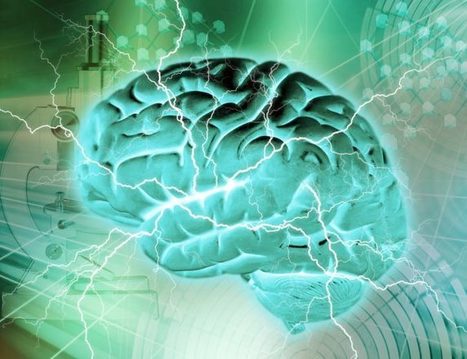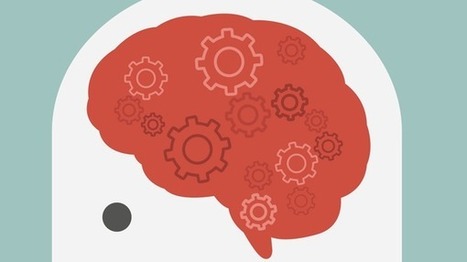While multiple-choice quizzes can be useful for gauging how well students understand a topic, they can interfere with learning if poorly designed, according to a review of recent research.
Andrew Butler, a professor of psychological and brain sciences at Washington University, specializes in the malleability of memory—how memories can fade or be reinforced over time. In a recent article in Journal of Applied Research in Memory and Cognition, he explains that despite the popularity of multiple-choice quizzes, they’re often not aligned to the latest scientific findings about how students process and retain information.



 Your new post is loading...
Your new post is loading...













